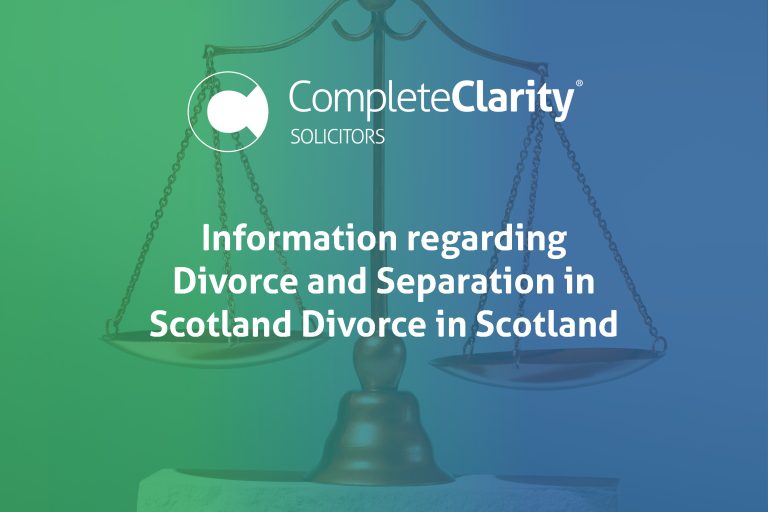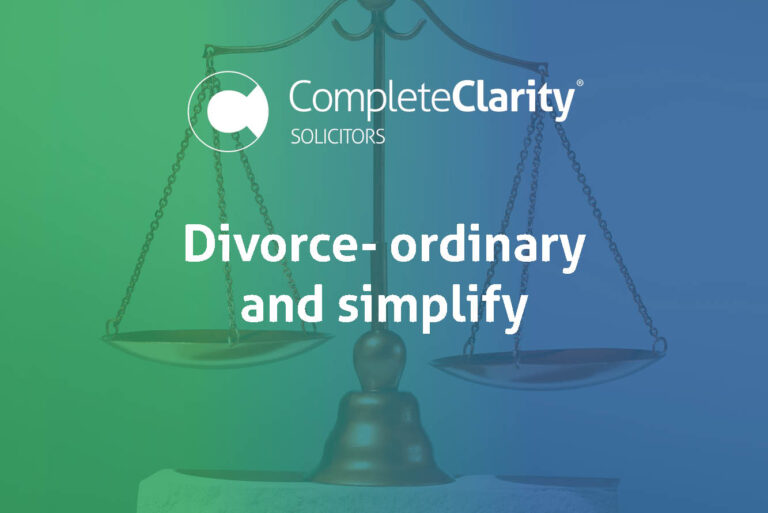Do you and your partner intend to purchase a home? Maybe you’ve decided to put off getting married or wait until you’re higher up the housing ladder to start saving for one. Have you shared a home in your partner’s name that you have owned jointly for a long time? This article is a must-read if any of these situations apply to you so that you are aware of your rights. Very likely, those rights aren’t what you think they are.
To wed or not to wed – the cohabitation agreement.
That is a topic that is being posed more and more frequently in today’s culture, as 1 in 5 couples in the UK are already cohabiting without getting married, and by 2031, it is predicted that there will be 3.8 million cohabiting couples and a 42% marriage rate; which was 67.6% in 2015.
It is obvious that more and more couples are opting to cohabitate rather than be married, but how does this affect your legal status if you are already married or have lived together for a long time?
Common Law Marriage: A Myth
Let’s be clear about one thing regarding common-law marriage: there is no such thing as a common-law marriage. Simply put, it is fiction that has been accepted by a sizable segment of society for a long time. According to estimates, 46% of British think a couple who has lived together for a while has the same legal protections as a married pair.
So what distinguishes long-term cohabiting couples from married ones?
The straightforward response is that once a couple marries, they are protected by the Matrimonial Causes Act of 1973, which essentially pools all of their assets into a “marital pot” that is shared upon divorce. A couple who cohabitates, in contrast, keeps any assets that are in their single names to themselves and, upon separation, is free to take anything they own with them without being required by law to support the other. Hence, if you bought a home together but it is held in your partner’s sole name (perhaps because you had a low credit score at the time it was bought), upon separation, you will not be able to access it.
You may need to file a claim under the Trusts of Land and Appointment of Trustees Act 1996 and demonstrate that you were intended to own a share of the property at the time it was purchased, that you contributed money to the property, that you made a direct financial contribution to the purchase price or both. Additionally, if one of you passes away while you are still dating, you would not automatically inherit your partner’s assets as married couples do, and your house might end up going to your partner’s family, leaving you without a place to live.
How to Make Sure You’re Safe when you live together
Although none of us want to consider what would occur if we were to split up with our spouse during the joyous stage of buying a home together, it would be prudent to do so. Suppose you are not planning to keep a property jointly and equally in both names at the time of purchase. In that case, the best approach to assure your protection is to sign a declaration of trust or a cohabitation agreement, depending on your unique situation. If you are already in the process of divorcing your partner and are concerned about how the property will be distributed, you might want to consider signing a separation agreement.
You may need to think about filing a claim for yourself or your children under the Trusts of Land and Appointment of Trustees Act 1996 or Schedule 1 of the Children Act 1989 if you have already separated and there is a dispute about how your home should be divided.
Know the legal rights of unmarried couples
Our solicitors at Clarity Simplicity can help you understand your legal rights and make mindful decisions. Contact us!
- Exploring Shared Child Custody in Scotland: Is a Father Entitled to 50/50 Custody?- Child Arrangements
- At what age can a child choose which parent to live with in Scotland?
- What is a c100 form family law Scotland – Solicitor
- Prioritising the Welfare of Children Scotland solicitor
- Prenuptial agreements are essential for safeguarding your assets during a divorce in Scotland
- What to expect during the initial phase of the divorce process Inspiration to rewrite Solicitor Scotland
- A child’s right to residence and contact – Child Law Solicitor
- Everything you need to know about surrogacy arrangements in Scotland
- Can a parent leave everything to one child in Scotland? understanding Scottish inheritance laws
- Demystifying divorce and dissolution Solicitor Scotland









